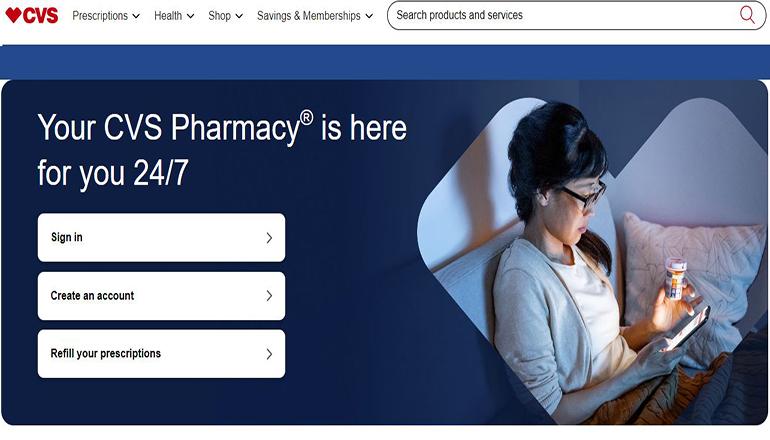CVS has agreed to pay $70,000 to resolve allegations that it violated the Controlled Substances Act at CVS stores in New Hampshire.
“Pharmacies have a legal responsibility to ensure that controlled substances are dispensed only pursuant to valid prescriptions,” said United States Attorney Jane E. Young. “When pharmacies ignore red flags that a prescription is fraudulent, they miss a critical opportunity to prevent prescription drugs from being misused or diverted for unlawful uses or into the black market. We will use the Controlled Substances Act along with all other available tools to protect the residents of New Hampshire. I am grateful to the DEA’s diversion investigators for their investigative work in this case.”
“Pharmacies are responsible for handling controlled substances responsibly and staying in compliance with the Controlled Substance Act,” said DEA Special Agent in Charge Brian D. Boyle. “Any violation of that will not be tolerated. We are committed to working with our law enforcement and regulatory partners to ensure that these rules and regulations are followed.”
The U.S. Attorney’s Office contended that CVS pharmacists filled 41 forged prescriptions of Adderall, Ritalin, and Xanax. This affirmative civil enforcement resulted from two separate criminal investigations into individuals who filled prescriptions at multiple CVS pharmacies in New Hampshire. Theodoros Bahtsevanos pled guilty in June 2019 to two counts of misuse of a DEA registration number and one count of possession of five or more false identification documents, based on his presentment and obtaining numerous prescriptions under fictitious names. He was sentenced by U.S. District Court Judge Joseph Laplante to 3 years of probation on April 30, 2020. Jane Mastrogiovanni pled guilty to ten counts of obtaining controlled substances by fraud, forgery, deception, or subterfuge in July 2020 based on her use of forged prescriptions to obtain controlled substances. She was sentenced to 3 years of probation on February 5, 2021, following the transfer of the case to the U.S. District Court for New Jersey.
Under the Controlled Substances Act, a valid prescription for a controlled substance must be issued for a legitimate medical purpose by an individual practitioner acting in the usual course of his or her practice. Based on its investigation, the government alleged that the pharmacists at CVS should have known that they were presented with invalid prescriptions that should not have been filled.
The Drug Enforcement Administration led the investigation. The case was handled by Assistant U.S. Attorney Raphael Katz.


